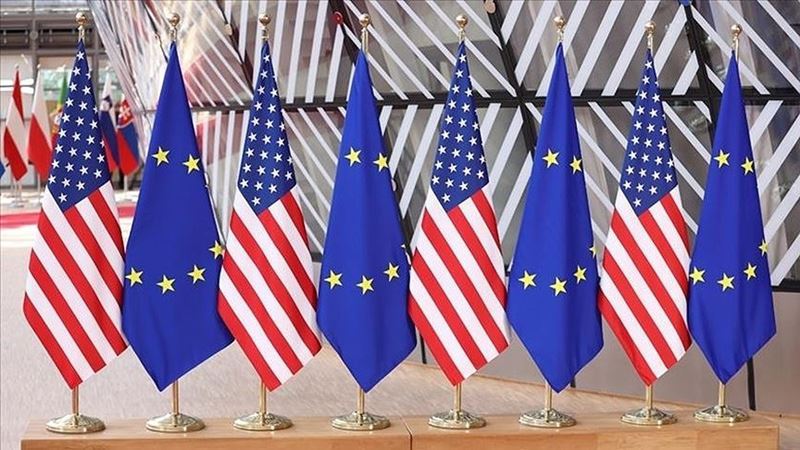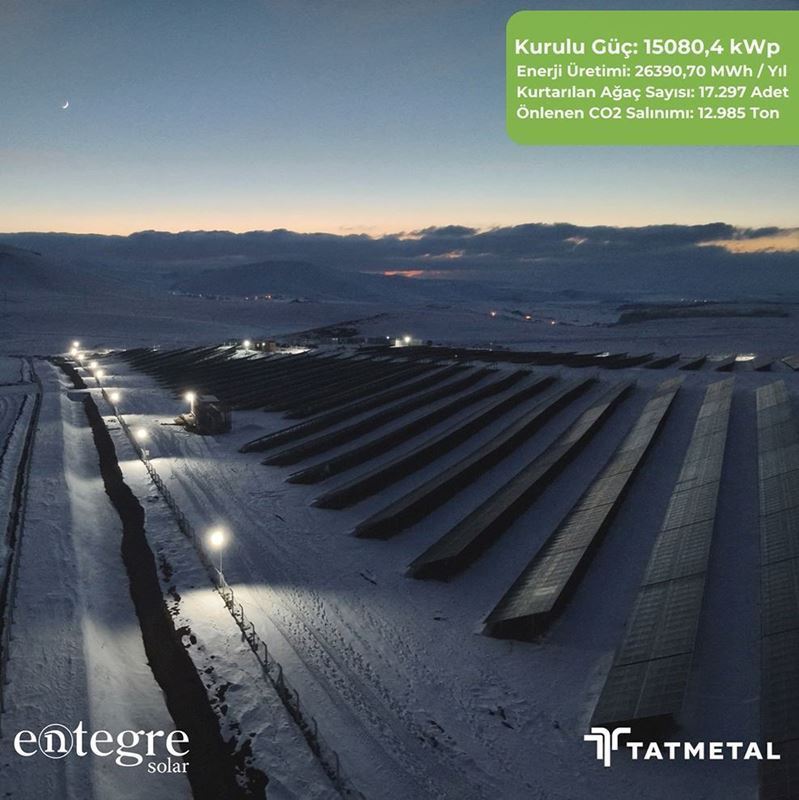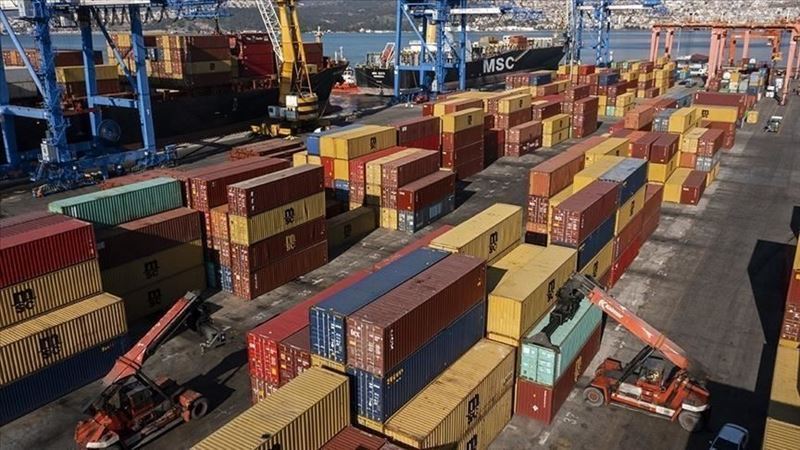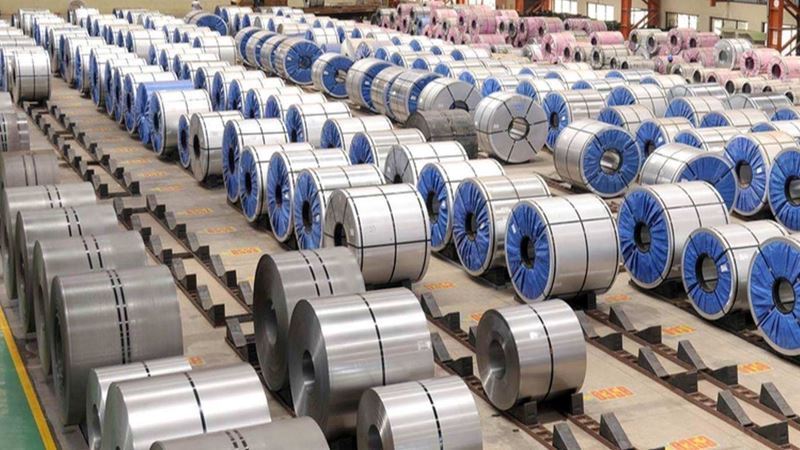The United States (US) and the European Union (EU) have announced an agreement on the “Framework for Mutual, Fair, and Balanced Trade,” aimed at strengthening one of the world’s largest trade partnerships and placing economic cooperation on a more sustainable footing.
Under the agreement, the EU will eliminate tariffs on US-manufactured industrial goods and provide special market access for select agricultural and seafood products, including items such as hazelnuts, dairy products, soybean oil, and processed lobster.
In return, the US will reduce tariffs on automobiles and auto parts, while setting a 15% cap on Section 232 tariffs applied to steel, aluminum, and related products. Section 232 duties will also be limited for key sectors such as pharmaceuticals, semiconductors, and lumber. These tariff reductions are expected to take effect from the first day of the month in which the EU submits its legislative proposal.
The agreement also includes significant commitments in the energy and technology sectors. The EU will purchase USD 750 billion worth of US liquefied natural gas, oil, and nuclear products by 2028. Additionally, a USD 40 billion order for US-manufactured AI chips is planned for use in European data centers.
EU companies will contribute to reindustrialization efforts by investing USD 600 billion in strategic sectors across the US by 2028. In defense, the EU will increase its procurement of military and defense equipment from the US strengthening transatlantic defense cooperation and enhancing NATO interoperability.
On sustainability and environmental issues, the EU will offer flexibility to address US concerns regarding deforestation and carbon border adjustment mechanisms (CBAM). Both sides will also work on reducing administrative burdens on small and medium-sized enterprises.
In the field of digital trade, the parties have agreed to prohibit customs duties, avoid network usage fees, and begin negotiations on mutual recognition in cybersecurity and Authorized Economic Operator (AEO) programs. Joint actions will also be taken on supply chain security, critical minerals, technology transfers, and unfair trade practices.
Officials emphasized that the agreement will enhance US–EU economic security and supply chain resilience, while promoting a fairer, more predictable, and sustainable trade environment. The agreement will be formalized and implemented in accordance with the relevant procedures without delay.











Comments
No comment yet.